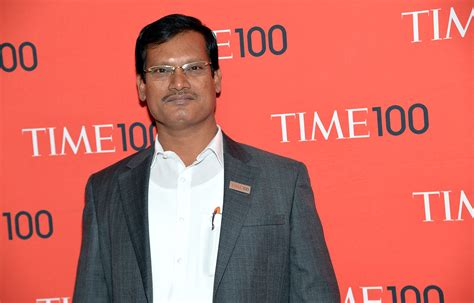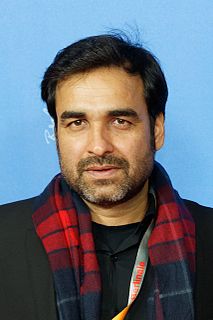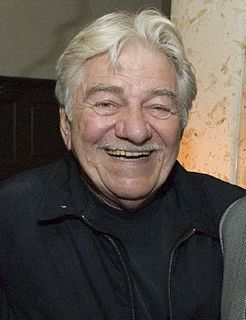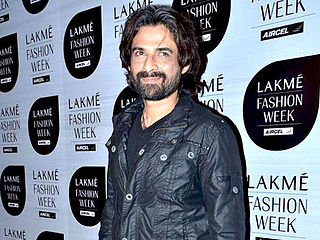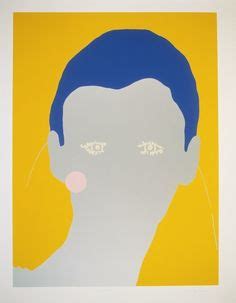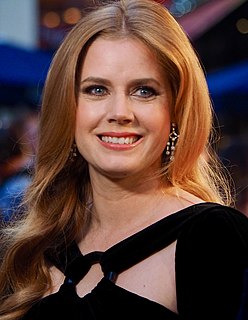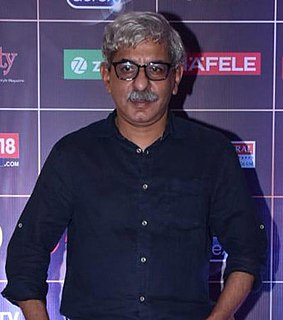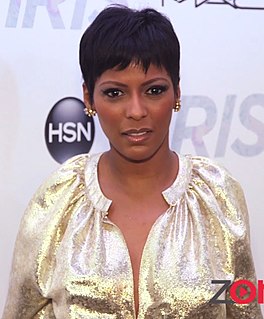A Quote by Arunachalam Muruganantham
I never thought someone would make a film on my story.
Related Quotes
I don't have the story finished and ready when we start work on a film. I usually don't have the time. So the story develops when I start drawing storyboards. I never know where the story will go but I just keeping working on the film as it develops. It's a dangerous way to make an animation film and I would like it to be different, but unfortunately, that's the way I work and everyone else is kind of forced to subject themselves to it.
First, there has been a lot of interest in The Drive-in, but, alas, it hasn't actually come to fruition. Maybe soon. Don really got Bubba and I didn't think it could be a film. I thought it was too odd to make it to film. He asked me to do the screenplay, but I declined. I didn't see that it could be a screenplay but he wrote one and proved me wrong. He was always considerate about what I thought about the film and the story's presentation, but in the end, he's the director and he had to make decisions. All good ones.
With a film you go with the script that's already written. And I've never thought of a project, a film that would come from my own desire. I don't think I can do it. I need someone else's desire to be able to do something. With a record, it is completely different, it's a collaboration with another artist, but I'm willing to go into intimate places with no masks on.
If I ever thought of directing again, I mean - I don't know, even the idea of directing a film is a strange one for me, because I feel kind of anti mathematics in a way in that sense. Anti - I don't like when things make sense, I prefer if they don't, so if I made a film, it wouldn't make any sense and no one would see it. So maybe I'll just make little films at home with my phone, never to be released.
I thought of the scene while writing scenes with Rebecca [Hall] and wrote it like an opening montage of showing where someone works. If you see a film about a car mechanic, you'd show the place they work and what they do. So, that's what I set out to do with Rebecca's character. I thought it probably wouldn't even make it into film but I ended up liking it.
